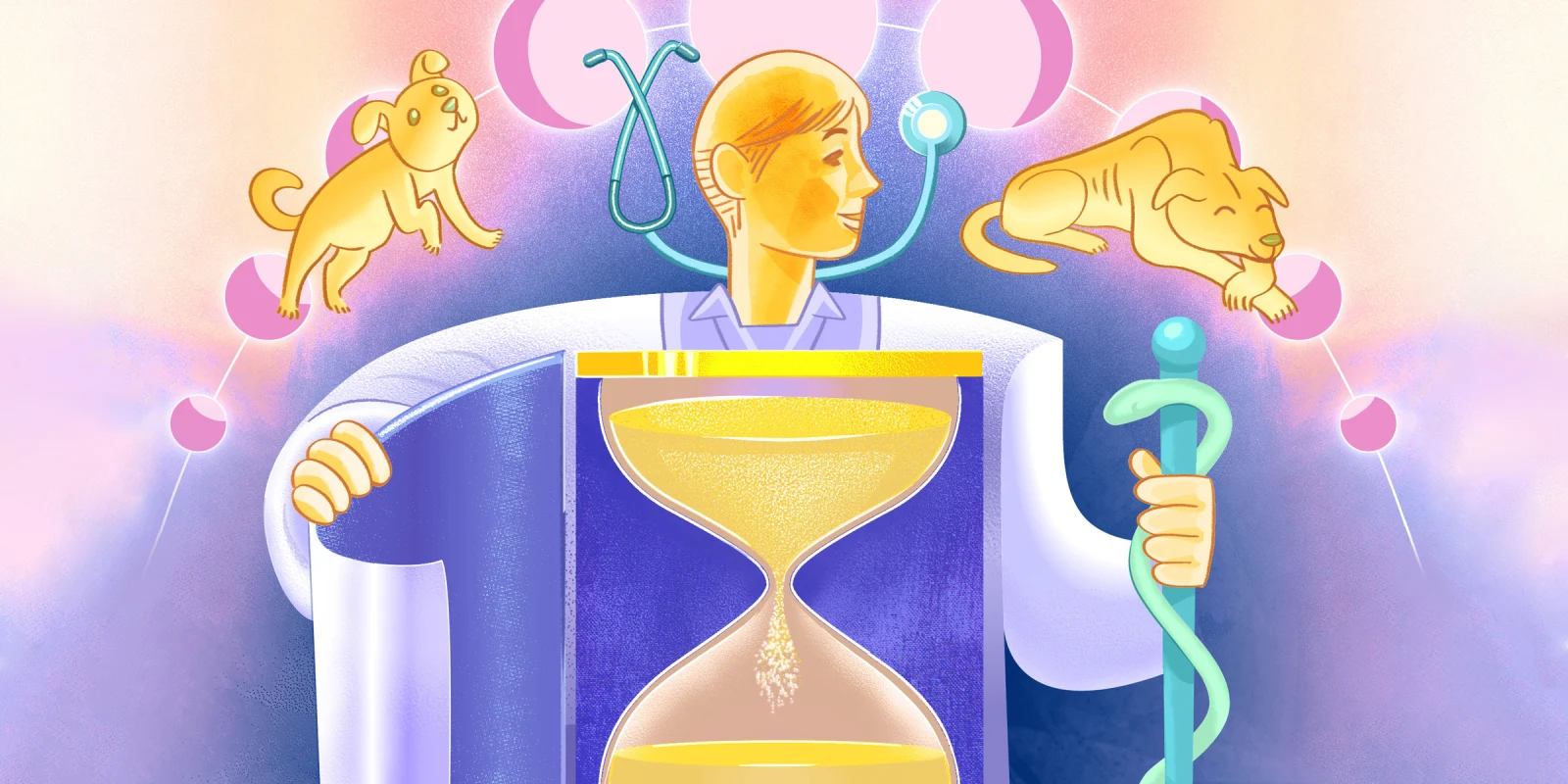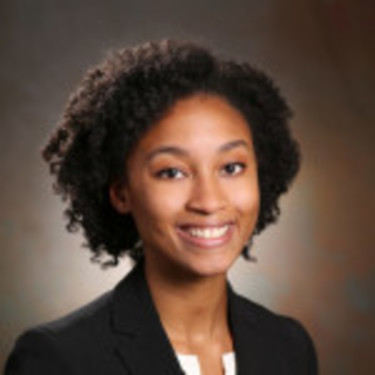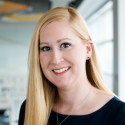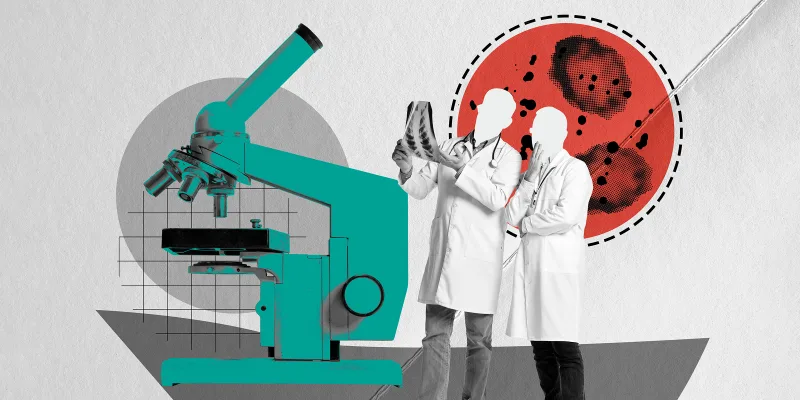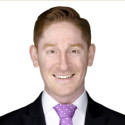Hey, is it OK if I ask you how old you are?
What feelings come up for you when you’ve been asked that question? Maybe you don’t mind answering it, or maybe it makes you uncomfortable. Now imagine being asked that question by your patient, or even more surprisingly, by your colleagues. Does that change how you feel about it? Perhaps you’re among the minority who haven’t had to answer such a question during your career, but I would imagine that — like myself — you are among the many physicians (especially those on the younger side of the spectrum) who have had to endure such unwelcome probing.
Questions about age may feel innocent, but they’re often indicative of a larger problem in our culture: ageism. The WHO defines ageism as “stereotypes (how we think), prejudice (how we feel) and discrimination (how we act) toward others or oneself based on age.” It’s something that barely gets talked about but is a pervasive phenomenon that spans not only age but also gender and professional status.
Interestingly, much of the literature and articles on the topic discuss ageism only in the context of older adults. Some definitions for ageism even include terms like “discrimination against older people” or “especially the elderly.” This unilateral emphasis on one age group seems oddly discriminatory and short-sighted. (I appreciate this BBC article that references the ageism younger individuals experience as “reverse ageism” and sheds light on this phenomenon.) Indeed, ageism happens to the young and the old alike. I write this essay from my experience as a young, early-career physician, but we can extrapolate the effects of ageism and apply them to anyone.
Here are just some of the ageist remarks that have been made to me over the years:
“How old are you? You can’t be a doctor.”
“Are you really a doctor? But you’re so young!”
“Oh, you wouldn’t get it, you’re from a different era.”
“You’re young, you’ll learn.”
“All the doctors I go to are young. I guess that’s just what you get these days.”
“You’re young, you probably don’t understand.”
And the double-whammy of ageism and sexism:
“Can I see someone older and a man?”
As a female African-American psychiatrist, I’ve grown accustomed to racist remarks and gender biases. I have been quite caught off-guard, however, during my few years post-residency by the ageist remarks I’ve experienced — from both colleagues and patients alike. As noted above, I have personally had a patient go so far as to request to have an older doctor. While it is understandable to feel more comfortable with a clinician that is similar in age, it is also sometimes frustrating and offensive when my youthful appearance is equated to me being less knowledgeable or less competent than my older colleagues. Even if it’s a question of patient comfort, comments like the above feel intrusive and undermining, and distract from the focus of the work.
Ageism against colleagues is also painful — and can have further-reaching implications. When ageist remarks are made publicly in an institutional setting, feelings of embarrassment can ensue, as such remarks risk diminishing an individual’s expertise or competence. Institutional ageism can also lead to biases that could hinder an individual’s chances of being promoted or placed in a leadership role.
While further implications and impacts are beyond the scope of this article, here are some general suggestions to help confront ageism:
- Be aware of our own biases, prejudices, and comments we make to others. Naturally, when we are confronted with evidence of our own prejudices and biases, our inclination is to get defensive and maybe even angry, but the more self-aware we are, the better decisions we can make in the future.
- Develop a predetermined response to the age question posed by patients and others. One example response I’ve heard is lightheartedly replying with “Older than I might look” and redirecting the conversation back to the original purpose. One could also flip it around and ask the patient or colleague why they asked, which could help determine any fears, curiosities, or apprehensions the person asking the question has.
- Create a space to address ageism when it happens in the workplace, and implement a stance that it’s not OK. Make it a priority. After all, though ageism may not be an issue for some physicians, it is an all-too-common phenomenon for many others. And when it’s perpetrated in tandem with other forms of discrimination like sexism, it’s more than worth bringing awareness to.
I genuinely believe that most individuals who make ageist comments aren’t aware of how they come across or of how uncomfortable their comments can make the recipient feel. This is why it’s important to continue to bring awareness to the issue — because whether intentionally or not, how we communicate to each other matters.
What have been your experiences with ageism with patients or colleagues/staff? As you reflect on this article, have there been times where you unintentionally made an ageist remark to someone? Comment below!
Dr. Mallory Grove is a psychiatrist in Seattle, WA. In her spare time, you can find her enjoying time with her family, thrifting, adding to her houseplant collection, baking, playing her flute, or learning to sew. Dr. Grove is a 2023–2024 Doximity Op-Med Fellow.
Illustration by April Brust
